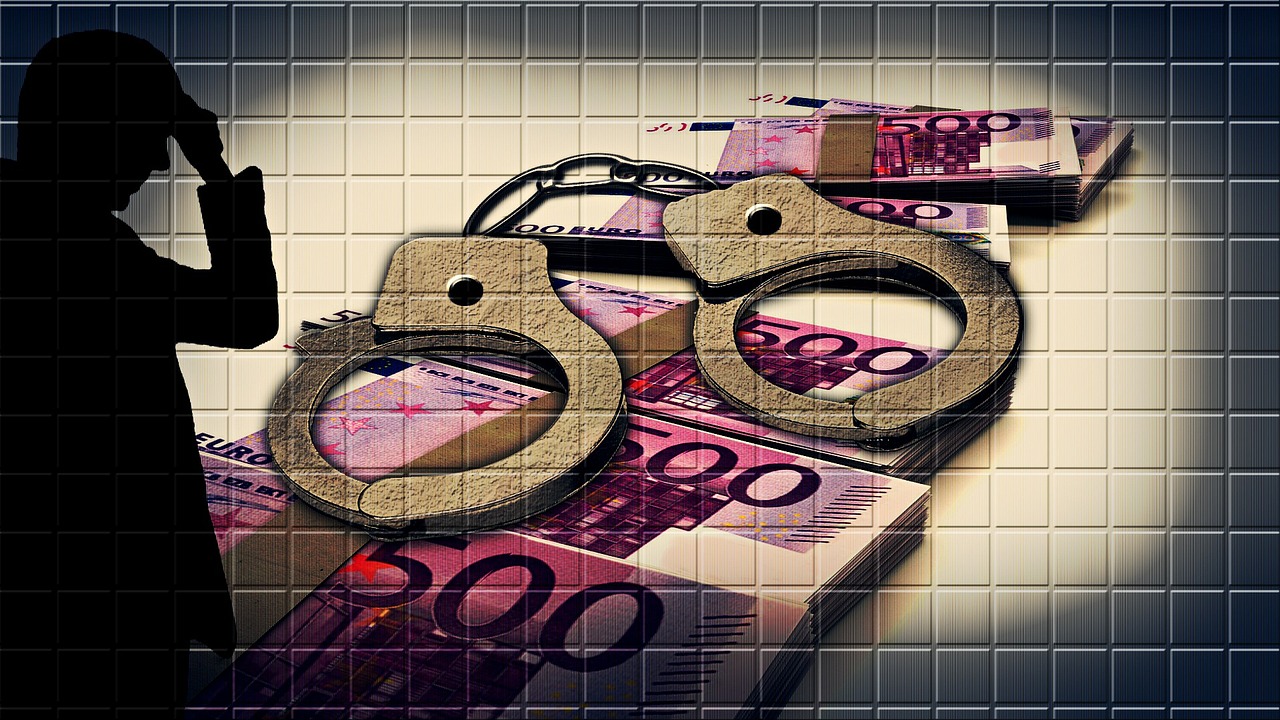Many times we complain about not having enough money to cover our monthly expenses; it seems that we never have enough money, because the greater the amount entered in our bank account, the faster we spend it.
Although the issue of money is a sensitive subject for most of us, it is very likely that we are unaware of what we spend, or do not know for sure what we do with our money (we just realized that we no longer have it ), and those little recurring and regular expenses are the main routes where it escapes from us. Unnecessary purchases, unnecessary expenses, certain habits and certain social compromises, undo our pockets allowing our money to “Drain”, significantly reducing our ability for saving and investing.
If you take out your pen and play around with the numbers, try to calculate what you spend on coffee, bottled water and cigarettes; sum the monthly payments you make when you invite your classmates or workmates; try to calculate all the money you spend making small purchases of what you like or what attracts you, even when you don’t really need them.
It is not about depriving yourself of the things that please you, but to become aware of what you do with your money and the need to preserve some leeway that allows you to handle unforeseen situations.
If you want to prevent your money from leaking, try to get enough discipline to stop eating at fast food restaurants, reduce your consumption of coffee and cigarettes; have fun with outdoor recreational activities such as parks and rides that do not require large outlays of money activities. If you go to the movies, think about what you spend on popcorn and soda (these costs are quite significant). Try to go to work on foot or by public transport, and attempt to reduce the use of your own vehicle to avoid payments for fuel, parking and even an occasional fine which you would be exposed to.
And if you go to groceries stores, do it after eating; that way you can resist the lure of buying what you do not need, or purchasing too much (remember that the more you earn, the more you consume). Of course, avoid buying items for their beautiful packaging, as well as articles and magazines that are on the waiting lines of the cashiers (if they are there, it’s because they are not really needed).
In short, start identifying the small holes from where your money is escaping. You may be surprised when you see that without realizing it you’re losing up to 30% of your salary, and that that amount can be used far more intelligently to reduce some of your debts at your own pace, and make investments that increase the value of your money.



No comments